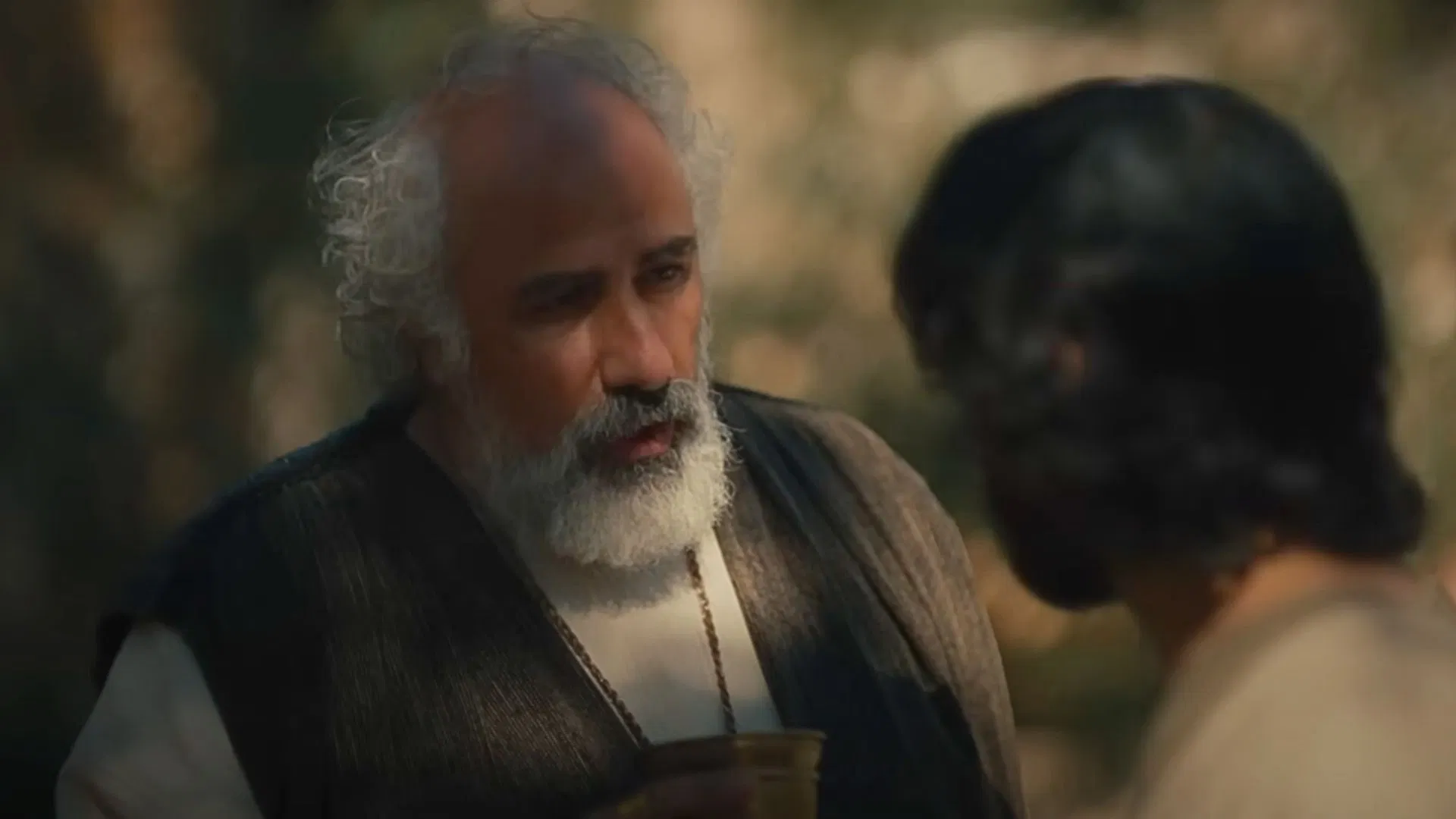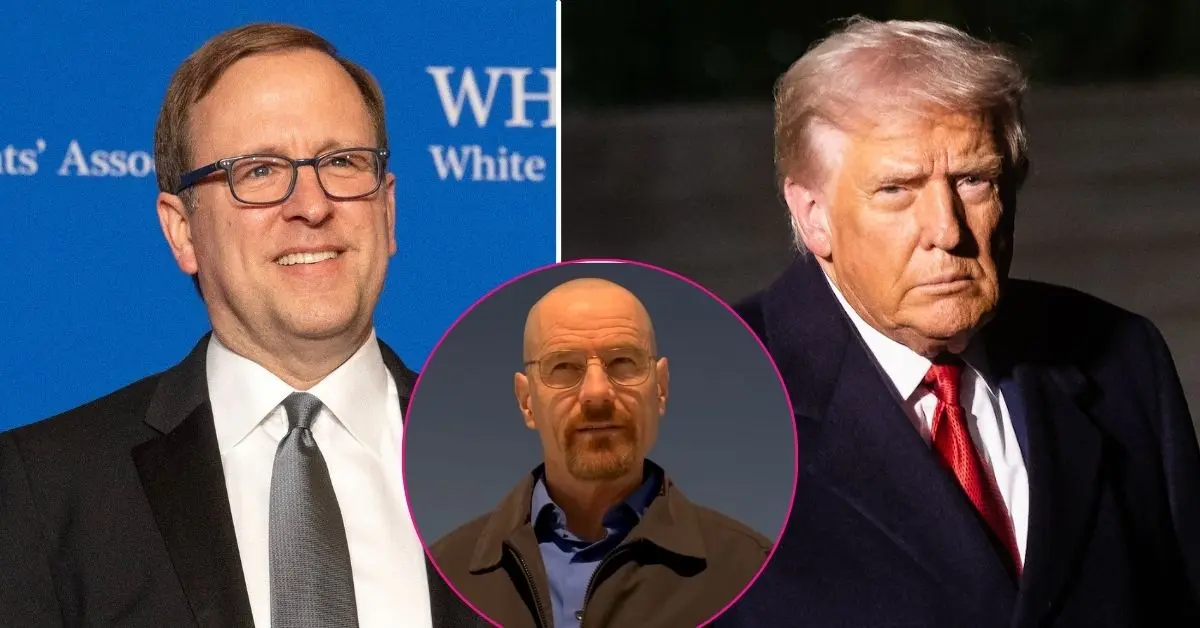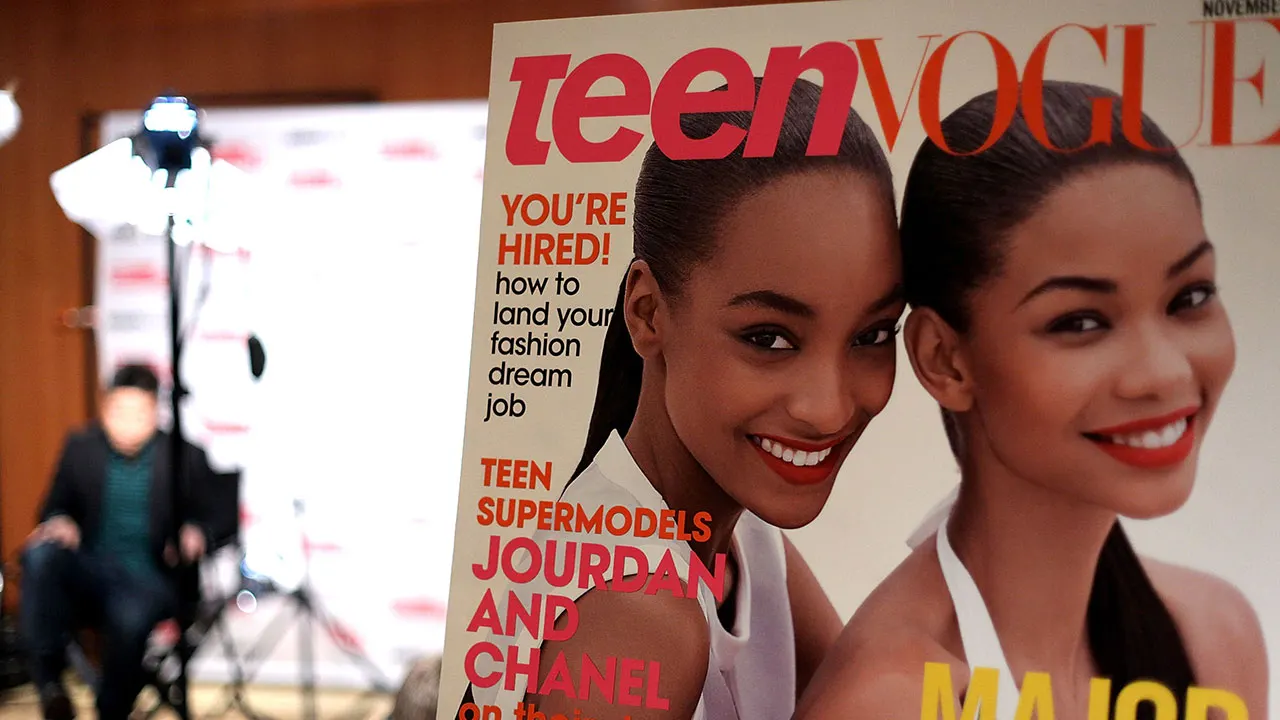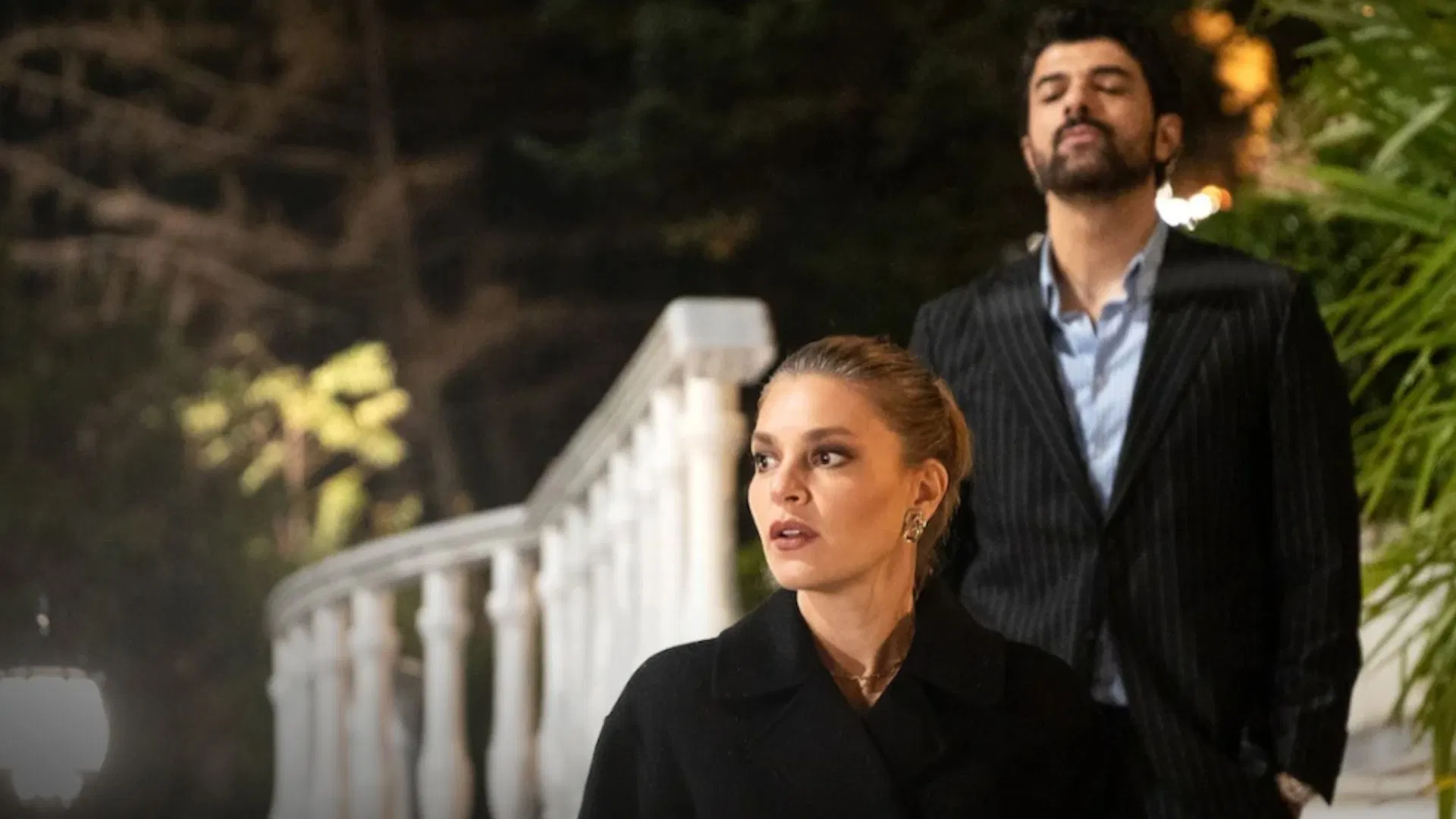Copyright Rolling Stone
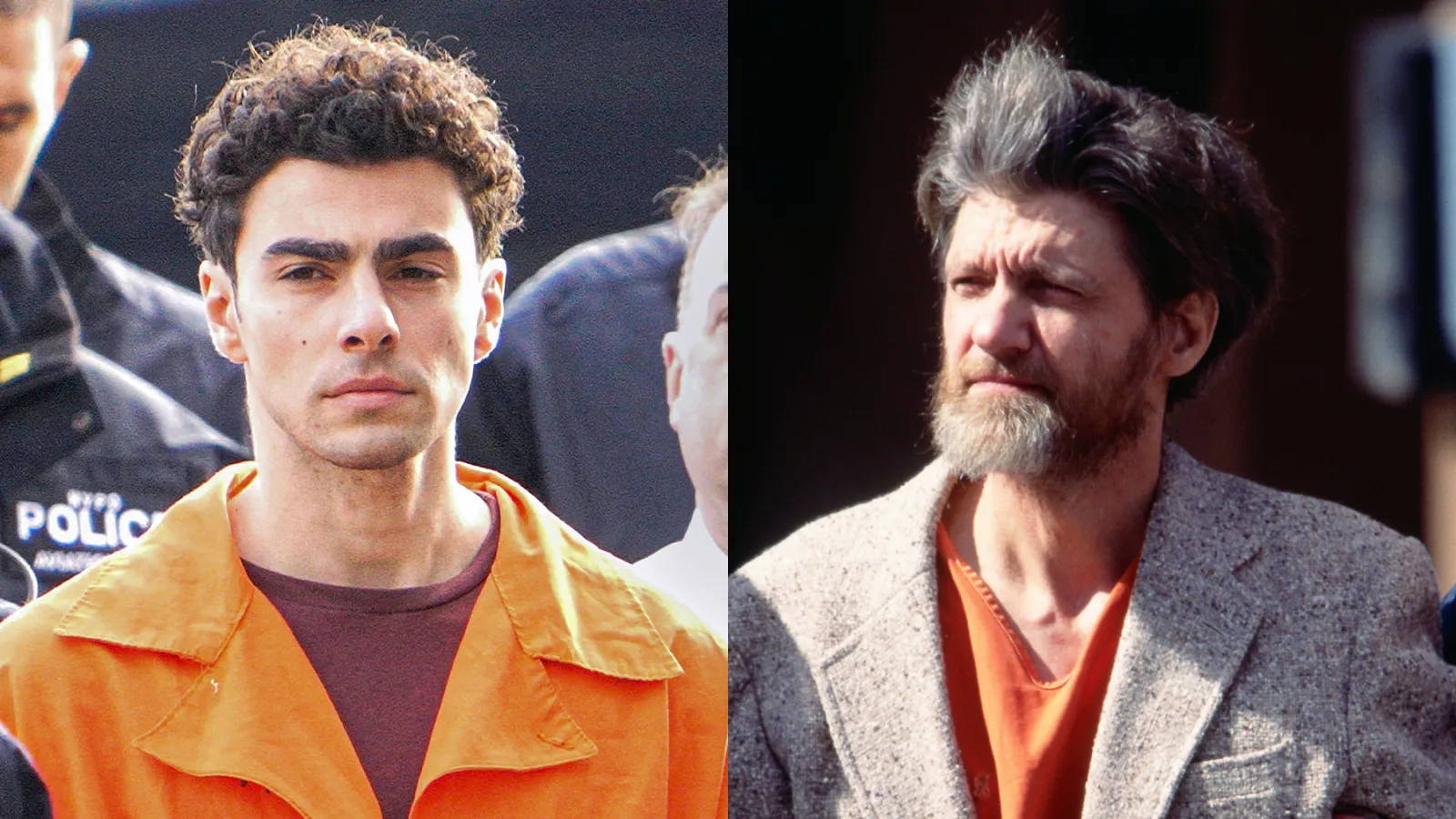
When journalist John H. Richardson heard about the murder of United Healthcare CEO Brian Thompson, he says his mind went straight to the Unabomber, Ted Kaczynski. And when Richardson found out that Luigi Mangione, the prime suspect, had allegedly reviewed Kaczynski’s manifesto, he was transported back to the reporting he’d done on Kaczynski’s current followers. The mathematics prodigy and domestic terrorist famously published a manifesto railing about how dependent society has become on technology and predicting how much worse it would get. Published in 1995, Kaczynski writes about the trouble society would get into if computer scientists succeed in developing intelligent machines that can do things better than human beings can. Richardson wrote about the Kaczynski’s millennial and Gen Z followers in a New York Magazine article in 2018, and before Kaczynski died in June 2023, he corresponded with the Unabomber several times. In his new book, Luigi: The Making and the Meaning, Richardson provides excerpts from his letters with Kaczynski. Richardson’s book explores why he thinks “the world was primed for the Luigi Mangione moment” by connecting his reporting on Kaczynski’s latest generation of followers with the cultural reaction to the United Healthcare shooting. (Mangione has pleaded not guilty to all of the state and federal charges against him involving the murder. A New York court recently dismissed the state’s terrorism charges against him, ruling the evidence as “legally insufficient.”) Richardson says if Kaczynski were still alive, he would have written him another letter, saying, “Did you see the news about Luigi? What do you think? Is he the one you’ve been waiting for?” By sharing parts of his Kaczynski correspondence, Richardson offers a look at what the terrorist who abhorred technology thought about modern-day politics, including the first presidency of Donald Trump. “For some time, my opinion has been wavering as to whether the leftists or the Trumpists present the greater danger in today’s world,” Kaczynski writes in a 2020 letter Richardson shared with Rolling Stone. “At the moment it seems to me that it’s Trumpists who are more dangerous.” Editor’s picks In his book, Richardson details what Kaczynski specifically said about the president. “Quite a while ago I concluded that Trump himself was too incompetent and too deficient in self-control to be very dangerous,” he wrote. “But I’m now beginning to suspect that some of the people who surround Trump and make use of him are a great deal more capable than he is himself.” In his book, Richardson wryly notes that Kaczynski shared his disgust at the “criminal mentality” of Trump’s people, without acknowledging the irony given his own crimes: “Such was the power of Trump — he could drive even the Unabomber to defend morality and restraint.” In Luigi, Richardson writes about the irony and moral contradictions Kaczynski and his followers share. He also contrasts the Unabomber’s crimes with Mangione’s alleged actions. “Ted never could shake the mad hermit image, and his long, secretive bombing campaign really was too random and cruel to rally followers to his cause,” writes Richardson. “Luigi looks like a Disney prince and risked everything (assuming again that police accounts are accurate) in a blaze of glory, offering himself up for punishment.” Richardson spoke with Rolling Stone about his experience researching the book, society’s increased interest in Kaczynski, and why he thinks the country is at a crucial moment when it comes to political violence. What drew you to the topic of Ted Kaczynski’s followers and alienation? The first person I met who was talking about Ted was a 19-year-old kid in 2004. I was covering a protest against the lion hunt in Arizona, and this kid was one of the protesters and I thought he was talking about a relative or some friend — Ted thinks this, Ted thinks that. And then I realized he was talking about Ted Kaczynski. And I was like, ‘Wait, that guy killed people.’ And this kid was bushy-eyed, friendly, cheerful, helpful, and just the nicest young guy. I was like, that’s weird. And then I didn’t think about it for years, and I was just covering stuff as a reporter and I came across a scholarly, thoughtful essay about Kaczynski and the author was a second year student at the University of Asheville, North Carolina. I saw it wasn’t just one person [following Kaczyzinski], it was this person speaking in this forum of well-educated, thoughtful people who were committed to fighting for a better world. It was pretty shocking. That led to me starting to look for people. I realized there were lots of them out there, in the 20 years since Kaczynski was arrested and put in jail, who started to resonate with his message. Related Content You see it on the right, too. They’re talking about the collapse of society. They’re talking about being cogs in the system. Everybody’s feeling it. The interconnected system is more and more complicated and fragile. Healthcare is a great example of where we seem to have reached a point where everything’s locked, there’s no progress, and rates keep going up. It feels like we’re trapped. So, were you working on this book when you heard about the United Healthcare crime? No, I’d written this piece for New York Magazine called “Children of Ted” back in 2018 and I didn’t really think about it after that too much until the shooting. And then, when I saw that Luigi had read Kaczynski and given the manifesto four out of five stars [on Goodreads], I was like, ‘Wow, this connects really dramatically to what I was working on.’ You go into this in your book, but what is it about society right now in 2025 that is still drawing people to Kaczynski? Right now we’re in open enrollment [for healthcare] and people are freaking out because their costs are tripling. And that’s not Kaczynski’s view because the last thing he would have been interested in was improving the healthcare system — he wanted to tear down society. Luigi actually criticized Kaczynski very much and [it] should be noted that he thought Kaczynski was a terrorist. But 20 to 30 years ago, when Kaczynski was writing, all this stuff seemed true, but it seemed very distant. People are facing tripling of their health insurance and losing their health insurance, they’re feeling it in the way that the working classes felt globalism. The urgency and the desperation of it seems to be getting universal. I definitely interpret Trumpism as a wrecking ball — Trump is doing a sort of a better job at destroying the industrial system than Kaczynski did. I feel like we’re reaching a Kaczynski moment when you go, “Oh my God, he was right.” It’s a shocking thing to feel like I agree with [a murderer]. “He may have killed people but he had some good points.” [What he wrote about technology taking over] feels more physically true and less of an abstract idea. And I imagine for young people, it feels much more that way. In the book you write about how society responded to the UHC shooting and you called it crime-scrolling. You mentioned a TikTok where a young woman talks about how Gen Z feels like it’s ridiculous to expect sympathy for a CEO killed by violence when they’ve spent their life training in school shooter drills. “Welcome to a regular Tuesday at school in America,” she said, bringing up how lawmakers have suggested bulletproof backpacks as a solution. That’s exactly the pinpoint of where I feel like, I’m not feeling [the depths of] what [younger people] are feeling but I can think about it. I was at a rally against ICE last night and it was all old people like me except for two teenage boys standing in the back. Religious people were talking about “love thy neighbor” and compassion and empathy and stuff. But if they were there for the same reason I was, because they’ve seen these ICE videos, compassion and empathy wasn’t what they wanted to hear. I was wondering, how is this reading to them, all of these old people talking about Jesus and empathy at this time? In your book you explore people following Kaczynski as a way of taking action when they feel hopeless. And you posit that it’s why we are seeing an increase in political violence, because people are in more significant despair as a society. If [the UHC shooting] was a one-off, then we can psychologize [the suspect] but it’s a social phenomenon. There’s racists doing it, people worried about birth control doing it. The state monopoly on violence is not a monopoly anymore. People are like, ‘I got to do something’ and when that ‘somebody’s got to do something’ door opens, all kinds of people are walking through that door. Back to Kaczynski. You exchanged a lot of letters with him when he was in prison. Was there anything about him that surprised you? I was very surprised that when he’s not trying to destroy a Western civilization, he’s a pretty liberal guy. He attacks leftists quite a bit so I engaged with him on that. He said at one point that he would have voted for Hillary [Clinton] and that Trumpists were criminals and that they could do real damage to the United States. So he operates on two levels. On one level, he wants to destroy civilization, but on another level, he’d rather have decent health care and civil society, Trending Stories You mean you think he wanted to destroy civilization in a very specific way? Exactly. He wants it to be a rational, logical, mathematically correct revolution. Ted was a supremely rational man, but he wasn’t able to think outside of rationality and see that other people didn’t function that way. I think if the revolution was irrational and it destroyed industrial civilization, he would still be against it, because it wasn’t properly done.
